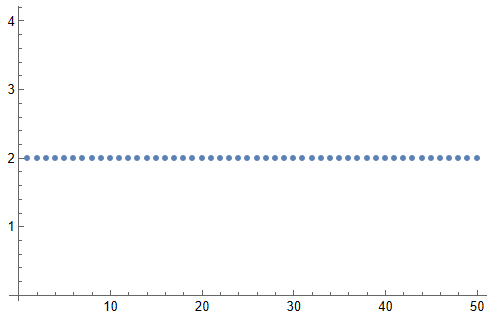Fix $m \geq 2$, and consider a sequence of sets
$$ J_m^{(n)} = \left\{ \frac{2}{mn}+\frac{i-1}{n}\right\}_{i=1}^n. $$
For any collection of $m-1$ points $x_1,...,x_{m-1} \in (0, 1)\cap \mathbb{Q}$, define the distance between such a collection of points and the $J^{(n)}_m$th set to be $$ d(J_m^{(n)}, \{x_i\}_{i=1}^{m-1}) = \max\{ \min\{|x_i-y|:y \in J_m^{(n)}\}\}_{i=1}^{m-1}. $$ Is there always an $n$ such that $$ d(J_m^{(n)}, \{x_i\}_{i=1}^{m-1}) \leq \frac{1}{mn}? $$ In other words, given some collection of $m-1$ rational points from $(0, 1)$, I am wondering if there is an $n$ such that the $m-1$ points can be approximated from elements of a single set $J_m^{(n)}$ with error at most $1/mn$.

